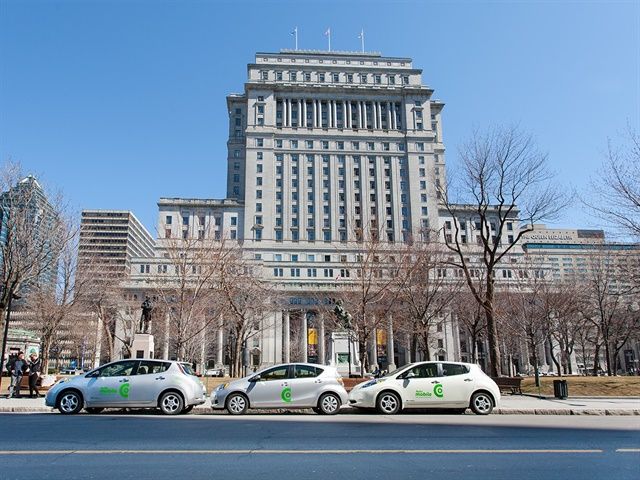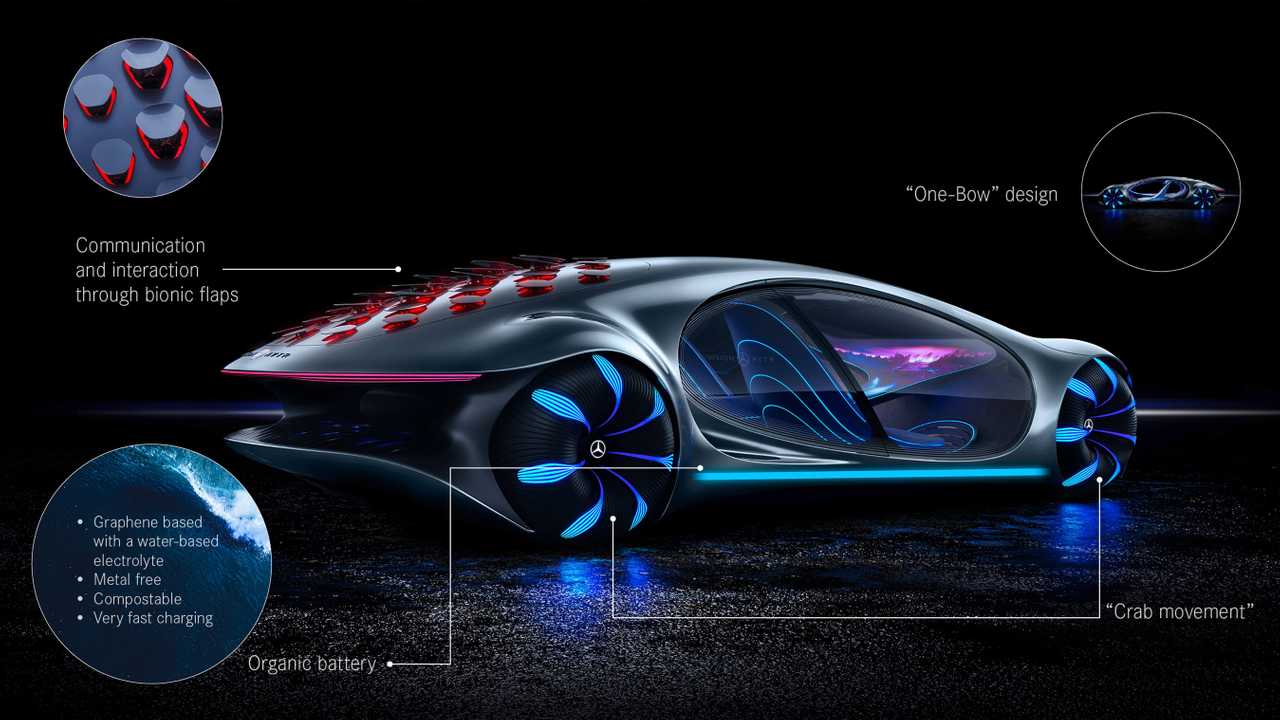The city of Calgary hasn’t had an operating carsharing service since car2go left last fall. Photo via Communauto. Carsharing service Communauto hopes to expand to Calgary after discussing parking rules with the city, according to a report by the CBC. Communauto is negotiating with the city about its parking time limits in certain neighborhoods, says the… Continue reading ommunauto Looks to Bring Carsharing Back to Calgary
Tag: Daimler
Transport app FlixMobility achieves 37% passenger growth in 2019, eyes India
BERLIN (Reuters) – Transport app FlixMobility reported on Thursday a 37% increase in passenger numbers last year, as Germany’s best-funded tech startup claimed the mantle of the world’s biggest provider of intercity bus services. FILE PHOTO: Passengers walk in front of a FlixBus intercity bus at the Carparkplatz Sihlquai bus station in Zurich, Switzerland October… Continue reading Transport app FlixMobility achieves 37% passenger growth in 2019, eyes India
BMW And Daimler Subsidiary Purchases 60 Tesla Model 3 Sedans
BMW and Daimler have merged together on multiple future mobility efforts. One such joint effort is ride-hailing outfit Free Now, which used to be known as MyTaxi. As the automakers move forward with expansion into more German cities, they’ve decided to add 60 Tesla vehicles to the Free Now fleet. A report by Electrive points out… Continue reading BMW And Daimler Subsidiary Purchases 60 Tesla Model 3 Sedans
Mercedes-Benz and Geely Holding Formally Establish JV For Smart
Mercedes-Benz and Geely Holding formally establish smart brand as a global joint venture Total registered capital of the Joint Venture of 5.4 billion RMB to develop next-generationpremium electric smart vehicles First range of pure electric products to be launched from 2022 Stuttgart, Germany; Hangzhou, China. Mercedes-Benz AG (Mercedes-Benz) and Zhejiang Geely Holding Group (Geely Holding),… Continue reading Mercedes-Benz and Geely Holding Formally Establish JV For Smart
Tesla receives large order from the competition: Daimler/BMW’s new mobility app
Daimler and BMW, through their joint-venture Free Now, a mobility ride-hailing app in Europe, is ordering 60 Tesla vehicles in order to expand their electric vehicle offering in Germany. Free Now used to be known as “MyTaxi” and is a simple taxi-hailing app used in Europe. Daimler purchased it in 2014. Last year, the German… Continue reading Tesla receives large order from the competition: Daimler/BMW’s new mobility app
Mercedes-Benz Vision AVTR Is a Daring, Futuristic Rolling Movie Promo
Nowadays, automakers are blurring the lines between the concepts we’d classify as design studies and the ones that are close-to-production prototypes. But there’s nothing even remotely production-like about the Mercedes-Benz Vision AVTR (which stands for Advanced Vehicle Transformation), created by the automaker in collaboration with the team behind the Avatar movies. During its reveal at… Continue reading Mercedes-Benz Vision AVTR Is a Daring, Futuristic Rolling Movie Promo
Daimler chairman calls for ‘universal CO2 tax’
By Nam Hyun-woo LAS VEGAS ― Daimler AG Chairman and CEO Ola Kallenius called for additional taxation for CO2 which is “universal across industries” as it would be the most economical way to solve global problems stemming from carbon emissions.The new Mercedes-Benz head took the assessment after the German luxury car brand presented its new policy to pursue “sustainable luxury,” by “decoupling volume growth from resource consumption.”Kallenius admitted that pursuing an eco-friendly business is not free from financial pressures.
@Daimler: 08. Jan 2020Mercedes-Benz and Geely Holding have formally established its global joint venture “smart Automobile Co., Ltd.” for the […]
Go to Source
Geely, Mercedes-Benz launch $780 million JV to make electric smart-branded cars
The Mercedes-Benz logo is pictured at the 2019 Frankfurt Motor Show (IAA) in Frankfurt, Germany, September 10, 2019. REUTERS/Ralph Orlowski BEIJING/SHANGHAI (Reuters) – Zhejiang Geely Holding Group Co Ltd and Mercedes-Benz on Wednesday said they would each invest 2.7 billion yuan ($388.77 million) in a China-based venture to build “premium and intelligent electrified” vehicles under… Continue reading Geely, Mercedes-Benz launch $780 million JV to make electric smart-branded cars
Uber and Hyundai unveil new electric air taxi with 60-mile range
Uber and Hyundai partnered on a new electric air taxi and unveiled a new eVTOL electric aircraft with a 60-mile (100 km) range and a cruising speed up to 180 mph (290 km/h). Following the rise of consumer drones and improved battery capacity, electric vertical take-off and landing aircraft (eVTOL) with the capacity for passengers… Continue reading Uber and Hyundai unveil new electric air taxi with 60-mile range

